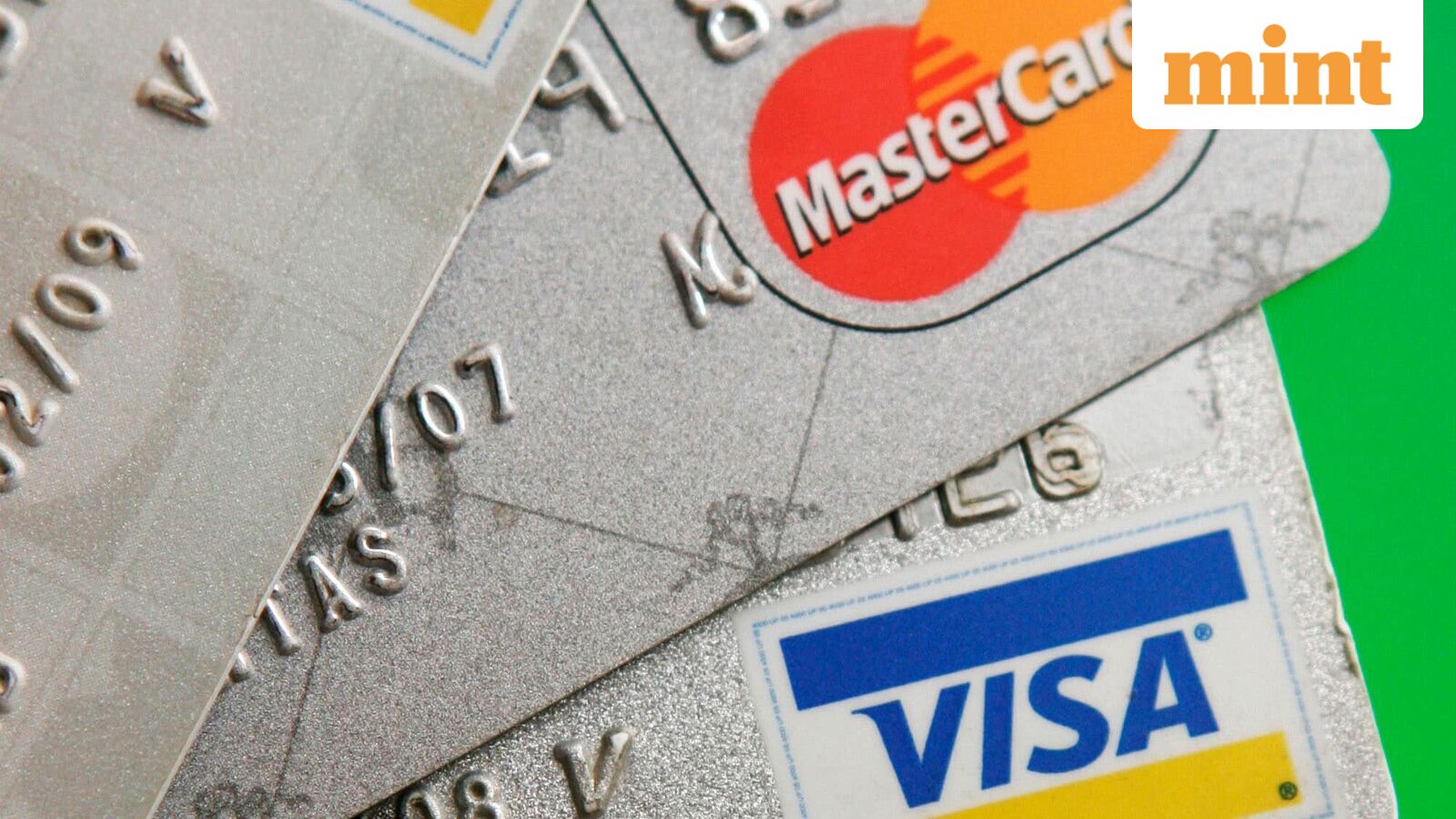Visa and Mastercard are about to reach a settlement with merchants to reduce interchange fees and allow stores to refuse certain credit cards, in a move to end a 20 year old legal dispute, according to a report by the Wall Street Journal, citing people familiar with the matter.
According to the terms discussed, Visa and Mastercard would lower credit-card interchange fees, which is typically in the range of 2% and 2.5%, to an average of a tenth of a percentage point over a period of time. Additionally, they plan to relax rules that require merchants that accept one of a network’s credit cards to accept all of them.
The settlement deal is expected to be announced soon, the report noted, while court’s approval will be needed for the agreement to come into effect.
For example, if the agreement finalised, merchants that accept a type of Visa credit card would not require to accept all Visa credit cards. According to the current discussions, credit-card acceptance will be divided into different categories including rewards credit cards, credit cards with no rewards programs, and commercial cards, the report said.
What is the feud about?
The legal dispute began in 2005 after merchants sued Visa, Mastercard and large banks, accusing them of engaging in anticompetitive practices due to its interchange fees and acceptance terms.
Both the companies last year agreed to lower interchange fees by around 0.07 percentage point on average over five years, which was expected to create flexibility for merchants that want to impose surcharge, which is a practice where consumers are charged extra when they pay by credit card.
However, the court rejected this deal. The latest settlement which is currently being discussed may include surcharging, people aware of the development told the publication.
What are the challenges?
A challenge in this case revolves around the divide between attorneys for different blocs of merchants. In the past, the lawyers chosen by the judge to represent the merchant class group have not been on the same page as lawyers representing big merchants and trade groups.
The tensions among the merchants and networks rose significantly in the last 20 years, primarily due to the increase in interchange and other fees.
Another point of contention remains over the proliferation of rewards credit cards. All the points, miles or cash back awarded to consumers are partly funded by the interchange fees. Premium credit cards, or those with more generous rewards programs, typically levy higher interchange fees on merchants.
As per the present rules, merchants cannot refuse to accept a Visa rewards credit card if they accept other types of Visa credit cards.
The legal dispute has impacted consumers. In recent years, several merchants have passed the interchange fees to consumers via surcharging.
Banks and financial institutions that issue Visa and Mastercard credit cards have collected $72 billion as interchange fees, the report said citing Nilson report. If the deal is finalised, the fees will decline for some years. However, other fees have grown over the years.

